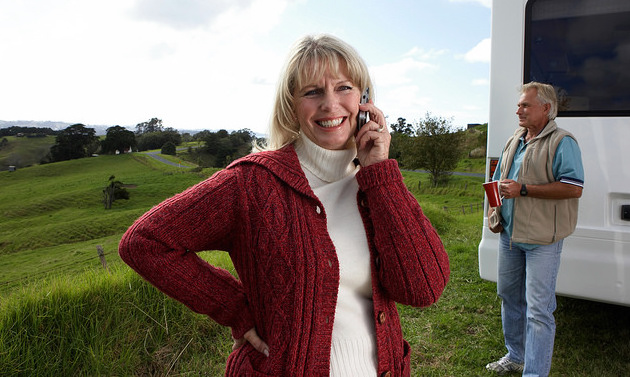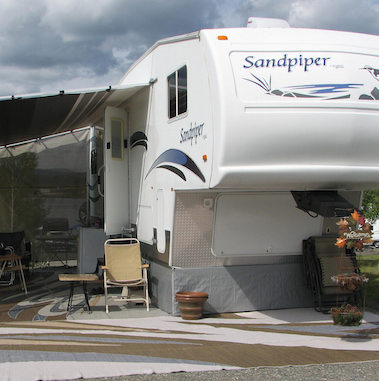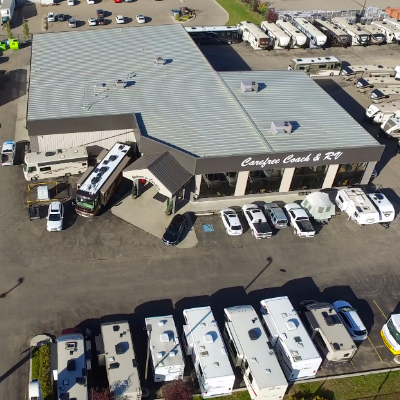Snowbird cellphone tips
Staying in touch with family and friends back home is important for most RVers

Whether we’re travelling south to the U.S. for a day, a week, a month or a season we all want to have access to a cellphone. But it can be overwhelming, confusing and almost impossible to figure out what cellphone options are the best. Many times we just give in to the high roaming charges if we are only away for a few days, or turn the phone off completely. It just seems easier.
Adding a U.S. plan to existing service
It’s possible to add coverage to your current Canadian plan for your stay in the U.S. This can be arranged by the day, week or number of months. The drawback to this is it can be quite expensive. Also, if you spend a great deal of time in the U.S. and receive local calls, your American friends will have to pay long distance charges.
Travel phones
According to one cellphone provider, we should all purchase a cellphone specifically for travelling to keep our data safe from cyber criminals when we use insecure connections. So, do we purchase these phones in Canada and use Canadian cellphone providers or obtain a phone through a U.S. cellphone provider?
The advantage of having a phone specifically for the United States is having a separate number for the U.S. and one for Canada. Not all providers will let you keep the same number if you don’t keep it active year round, though, and depending on the plan it may be costly. There are pay-as-you-go plans that work very well if you own your own phone and are not purchasing one through a provider.
U.S. providers
Not all providers in the United States cover the whole country, and some are better than others. It might depend on what area you will be travelling or how long you plan to be away. One RVer told me he uses T Mobile and has kept the same number for many years, paying for minutes online before heading south, and it has worked well. However, there are American companies that won’t accept Canadian credit cards, which can be difficult if you're trying to set up an account online.
Travel SIM cards
Rather than purchasing a second phone, it’s possible to purchase a travel SIM card and put it into your unlocked cell phone. Not all cellphones are unlocked, though, and you may have to contact your cellphone provider to have yours unlocked—which may cost you a fee. There are unlocking services online and for a fee they will give you a key. It’s possible through companies like Roam Mobility (a B.C. company) to purchase a travel SIM card and set it up for as long as your phone is unlocked. By setting it up before you leave Canada, it can be active the minute you cross the border.
Safety concerns
What are considered to be insecure Internet connections? Public Wi-Fi is the culprit. When you connect to bank accounts, social media, personal data or photos on a public platform, your data is available to hackers. These people don’t discriminate between those whose names are well known and yours. By using a travel phone and a secure network, it’s possible to still have access to your contacts and personal information. It will just be that much more secure.
Avoiding roaming charges
To avoid those expensive roaming charges, find a cell phone plan or company that meets your needs specifically—because we all have different requirements. Ask whether you can call home as part of the plan. Can you have a U.S. number with an area code for the region you will mainly be travelling in? Can you retain the number if the phone is dormant while you’re back in Canada? How much can talk? Does the plan include data?
I know it seems confusing, and it probably is, but by figuring out what your needs are ahead of time, contacting different providers and evaluating what each of them offers, you should be able to avoid those expensive roaming charges.
Whether you cross the border once in awhile or you spend the winter down south enjoying the warmer climate, you should be able to communicate with a cellphone just as easily as when you're at home here in Canada.








